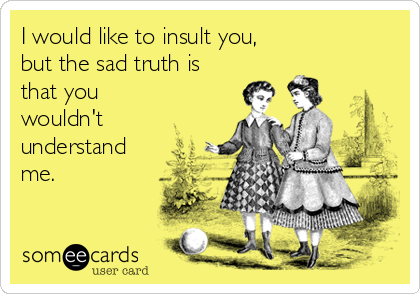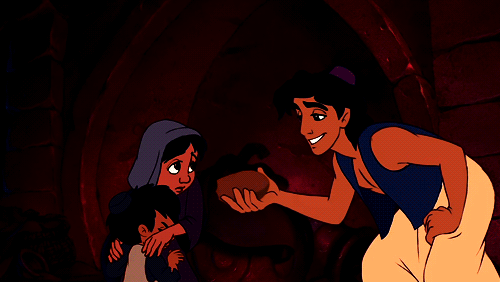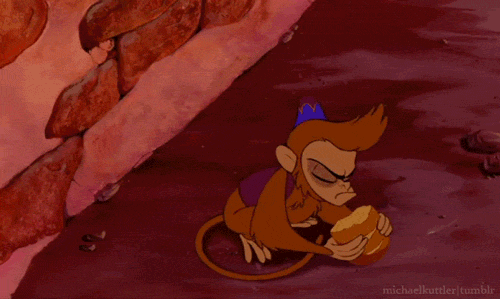Think of the sacrifices portrayed in books and movies. They make you feel, don't they? The selfless desire to protect someone above yourself? I think it is one of the most touching actions a character can take.
(Warning: spoilers for
Star Wars, Harry Potter and the Deathly Hallows,
Thor: The Dark World, and
Star Trek: Into Darkness).
Think of how Obi-Wan Kenobi died in
Star Wars: A New Hope to allow Luke and Leia and Han and Chewie time to escape. Or how Harry Potter in
Harry Potter and the Deathly Hallows walked into the Forbidden Forest to give himself up to Voldemort so that his friends and classmates could live. Or Kirk in
Star Trek: Into Darkness going into the radioactive zone of the
Enterprise to fix the ship, knowing that the radiation would kill him even if he did manage to fix the ship and save his crew. Or even how Loki in
Thor: The Dark World threw himself over Jane to protect her.
 |
| Because admit it, we all died a little bit during that scene. |
(End spoilers).
Sacrifice is a huge theme in storytelling. And is it any wonder why? When someone acts so selflessly we can't help but love them, no matter what else they have done. They don't even have to die for the sacrifice to be meaningful (ahem, I once more point to the Loki example).
But what is sacrifice? Dictionary.com gives a few definitions, but the ones we're talking about are these: "
noun: the surrender or destruction of something prized or desirable for the sake of something considered as having a higher or more pressing claim," and "
verb: to surrender or give up, or permit injury or disadvantage to, for the sake of something else." The kind of sacrifice which is most touching is
selfless sacrifice, when someone gives up something precious to himself for the sake of someone else. Obviously, the highest level of selfless sacrifice would be when someone gives up his life for someone else. A villain could die for someone and we'd feel for him - we may have hated him before but we would now love him.
(More spoilers for
Harry Potter and the Deathly Hallows).
A perfect example of this is Severus Snape in the last
Harry Potter book. We all hated his guts for the entire series. Even when we found out some of his backstory, we probably would have still disliked him. We would have gone, "well yeah, he had reasons for what he did but he's still a jerk." Why didn't we? Because he died.
He was
so dedicated to his cause (fight Voldemort, protect Harry Potter, etc.) that he was willing to die for it. He died for love. It was through his death that we saw that he wasn't entirely a jerk; he loved Lily, he loved Harry in his own mean way, he loved the light side. And we never would have known all that if he hadn't died for it.
Because of his sacrificial death, Snape is now one of the most loved characters in the Harry Potter series. He's
my favorite character, for goodness's sake!
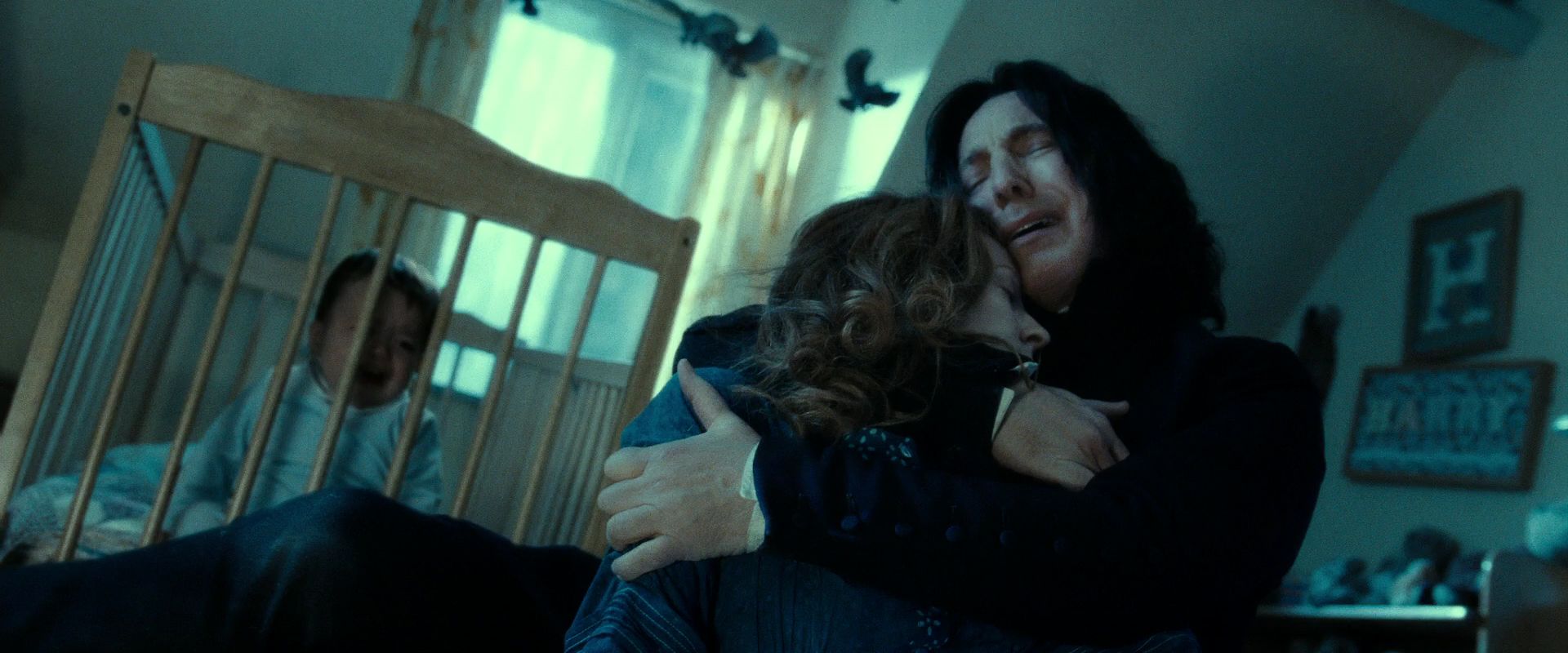 |
| As if this scene wasn't enough to make me cry. |
(End spoilers).
But small sacrifices made by characters impact us too. Aladdin in Disney's, well,
Aladdin, makes us all love him after he gives up the bread he stole to two little hungry kids. Most of us had probably already liked Aladdin because of his recklessness and snarky singing. But when he gave the kids the bread, sacrificing his own meal, he did more than make us like him - he made us
love him. Abu was the same - at first we were disappointed because it seemed he was going to be selfish and keep the bread to himself, but eventually he gave it up (although grudgingly). And then we loved Abu too.
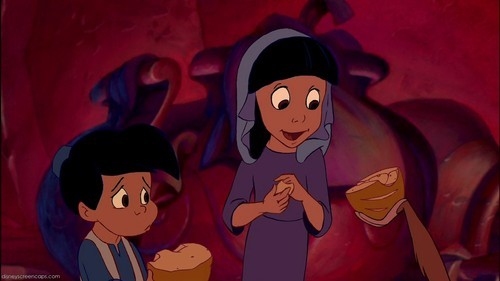 |
| Because that scene was adorable. |
The fact is, selflessness is one of the most admirable traits around. So even if a character is ill-tempered and moody, chances are we'll like him if he makes a few selfless sacrifices.
Now, of course, this post is actually inspired by Easter. This weekend I'm celebrating, along with millions? billions? of other Christians around the world, the ultimate sacrifice ever made. Jesus Christ gave his life for me and you and everyone else on this planet some two thousand years ago. But His sacrifice didn't only have meaning in that moment He died - it is still what saves us from our own sin and its consequences. His was the best sacrifice ever made!
And if you know the Gospel, then you know that His death wasn't the end of the story. He's alive, with his Father in heaven, telling God that we no longer have to die for our sin because He died in our place. Hallelujah, He is risen!
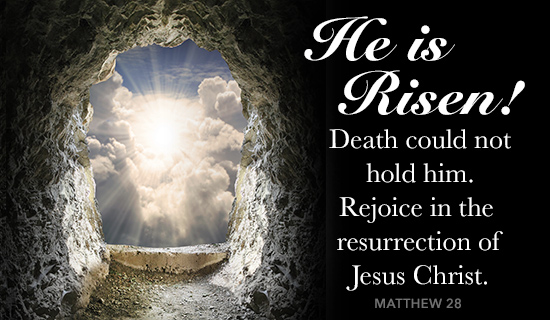 |
| The full Gospel story can be read one of the Gospel books in the New Testament of the Bible: Matthew, Mark, Luke, or John. |
Happy Easter!
Has anyone in your life every sacrificed something for you? How did it feel? Have you ever used sacrifice to make a character more likable? Are there any characters in your favorite books or movies who made sacrifices you found admirable? Are you celebrating Easter for the same reason I am? Tell me in the comments.










